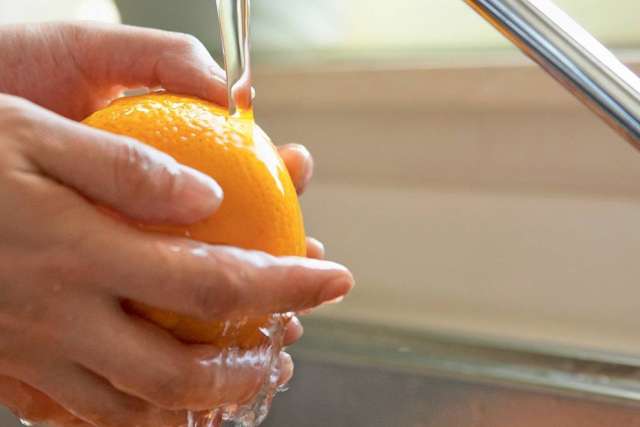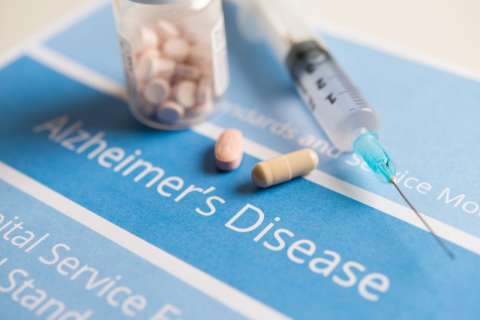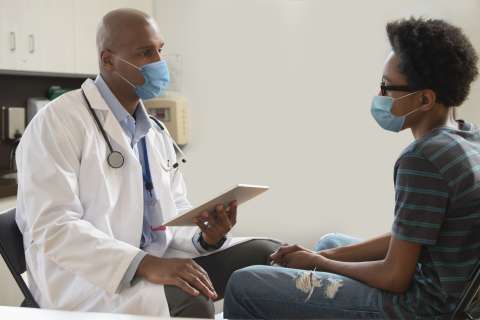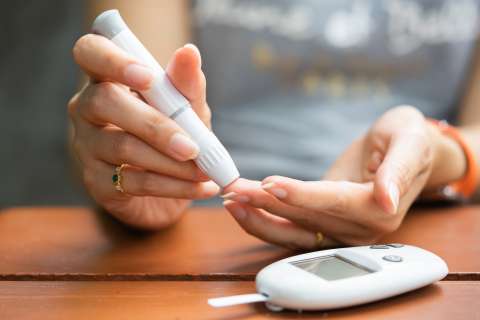Dear Doctors: It seems like there’s a new E. coli outbreak every week. We never worried because we’re careful about washing our produce, but our son-in-law got pretty sick with it after eating a fast-food hamburger. How dangerous is E. coli? Where does it come from? Is there any way to avoid it?
Dear Reader: E. coli is short for Escherichia coli. It’s a large and diverse group of bacteria that make their home in the lower intestines of humans and some animals. It can also be found in food, untreated water and the environment. E. coli bacteria are shaped like a rod with a rounded end and are studded with thin filaments of various lengths, which help with movement in liquid environments.
As is the case with so many types of disease and illness, infection with E. coli can range from very mild to quite severe. In some cases, it can lead to death. How sick someone gets depends on the specific strain of E. coli that is involved. Most strains of the bacteria are harmless. It may come as a surprise, but “good” E. coli are a natural part of the flora in our gut microbiome. They help with the synthesis of certain vitamins and also play a role in preventing certain pathogens from colonizing the colon. But several different strains cause illnesses, including diarrhea, urinary tract infections, respiratory illnesses, pneumonia and neonatal meningitis.
Infection with E. coli typically occurs by ingesting contaminated fecal material. This can be through eating raw or prepared foods, or from touching a contaminated surface and then touching your mouth. Infections have also occurred from contact with farm animals or at a petting zoo.
Symptoms begin from two to five days after infection. Abdominal pain, abdominal tenderness and cramping are soon followed by an extended bout of diarrhea. As the infection progresses, this becomes increasingly watery. Some strains of E. coli damage the inner lining of the small intestine, which can cause a bloody discharge. Additional symptoms can include nausea, chills, fever and headache.

Unfortunately, you can’t completely eliminate the risk of E. coli infection. However, you can minimize it. Your practice of thoroughly washing produce before preparing and serving is a good one. You should also always cook meats to their recommended internal temperature. Avoid cross-contamination by immediately cleaning any utensil or surface that has come into contact with raw meat. Staying vigilant about hand hygiene is also important. Always wash your hands thoroughly after using the bathroom, changing a baby’s diaper or helping someone else use the toilet. You should also wash hands before handling and preparing food and after contact with animals.
(Send your questions to [email protected], or write: Ask the Doctors, c/o UCLA Health Sciences Media Relations, 10960 Wilshire Blvd., Suite 1955, Los Angeles, CA, 90024. Owing to the volume of mail, personal replies cannot be provided.)





